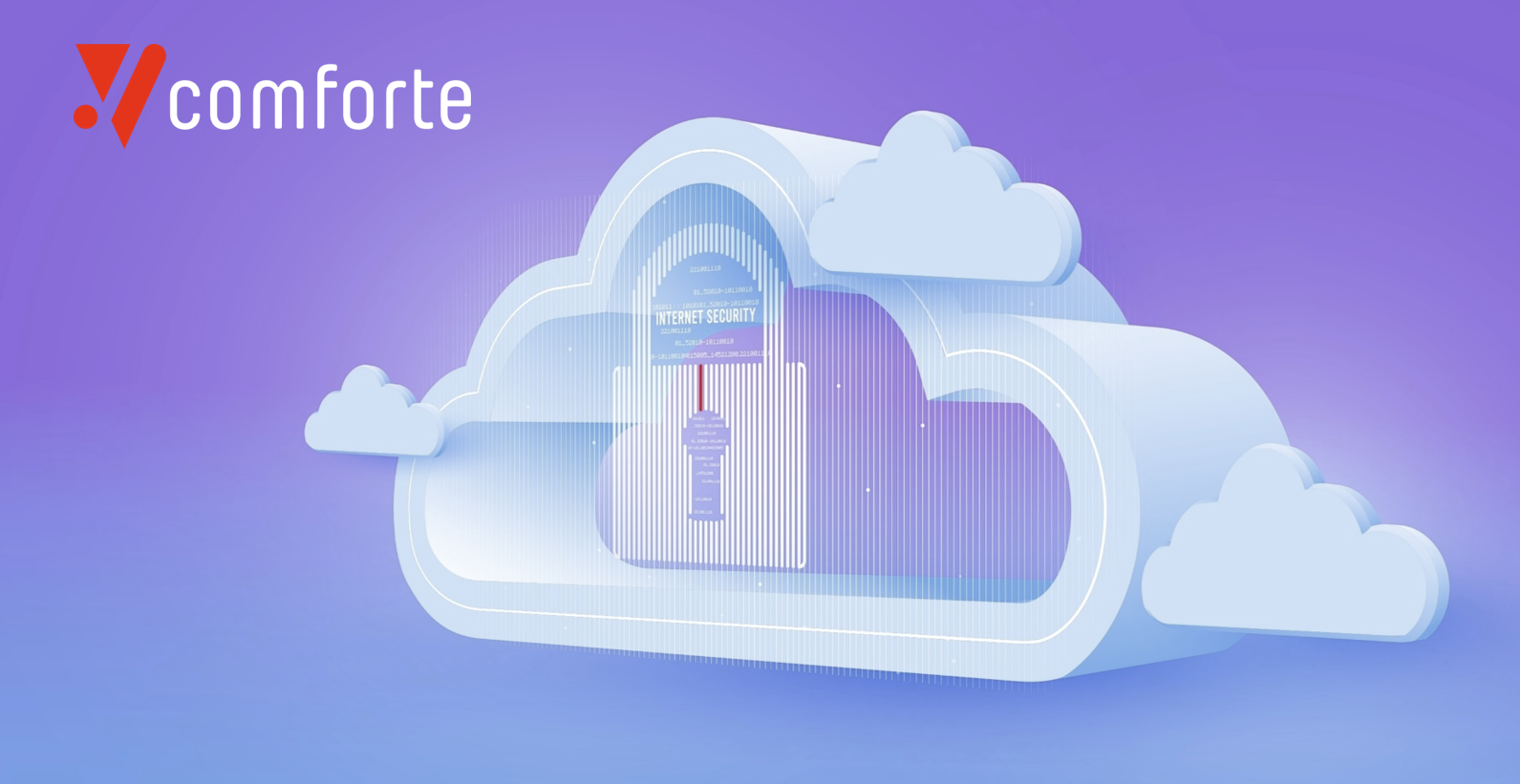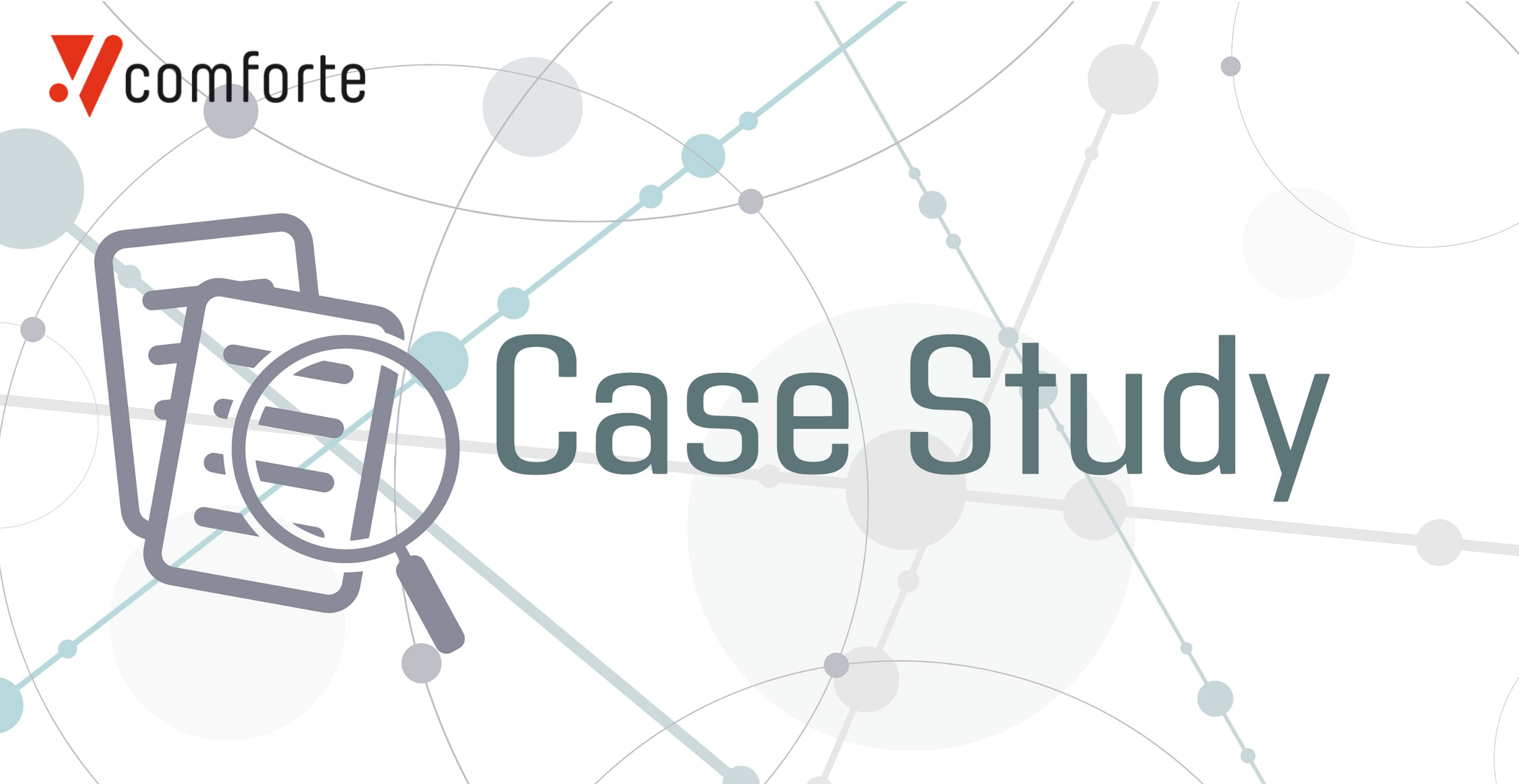For the modern enterprise, the ability to leverage vast amounts of data efficiently and securely is a crucial enabler of competitive advantage. Hybrid cloud strategies, which combine on-premises, private cloud and third-party public cloud services, are increasingly coming into play to optimize secure data management, analysis, and sharing. This article explores the importance of a hybrid strategy, the value of data management platforms like the Cloudera Data Platform (CDP), and how data-centric security enhances these efforts.
Why Use a Hybrid Cloud Strategy
Different cloud environments cater to distinct business needs. Private clouds are ideal for managing highly sensitive data, while public clouds offer scalability and cost-efficiency for less sensitive workloads. A hybrid cloud strategy integrates these environments, creating a unified system that leverages the strengths of both. This approach is particularly powerful in highly regulated industries with a strategic imperative to modernize their tech and data strategies . For example, in financial services, a bank can manage sensitive customer data within a private cloud to ensure compliance and security, while using a public cloud for less sensitive analytical workloads.
Benefits of Hybrid Cloud Strategies
- Scalability: Flexibility to scale resources as needed, optimizing cost and performance.
- Cost-Efficiency: Organizations pay only for what they use.
- Control and Security: Private clouds for sensitive data and critical applications to ensure compliance and security.
The Role of Cloudera Data Platform
When using a hybrid data platform, organizations can seamlessly integrate data from both private and public clouds, enabling efficient and streamlined data utilization. This integration facilitates better decision-making and drives value creation for the business.
Cloudera offers a software platform that supports a hybrid cloud strategy and helps large enterprises manage, analyze, and modernize their data, analytics, and AI. It provides analysts, engineers, and scientists with easy access to vast and diverse data sets allows organizations to maximize their data's potential through complex data processing, advanced analytics, and machine learning capabilities.
Addressing Challenges in Hybrid Cloud Strategies with Data-Centric Security
There are some pivotal challenges when it comes to ensuring data protection and privacy across diverse environments.
The Challenge:
One significant concern revolves around the security of sensitive data moving across private and public cloud infrastructures. This poses heightened risks of data breaches and regulatory non-compliance, particularly under stringent frameworks like GDPR and PCI DSS. The fragmented nature of security measures across hybrid environments can lead to vulnerabilities and data silos, hindering seamless data sharing and collaboration essential for driving innovation and operational efficiency.
The Role of Data-Centric Security:
Data-centric security emerges as a critical solution in mitigating these challenges. By focusing on protecting data throughout its lifecycle—from creation to storage, processing, and sharing—data-centric security ensures comprehensive protection across hybrid and multi-cloud environments.
Benefits of Data-Centric Security:
- Enhanced Data Protection: Ensures data security at rest, in motion, and in use, regardless of its location within the hybrid cloud infrastructure.
- Compliance Assurance: Facilitates adherence to stringent data protection regulations such as GDPR and PCI DSS, minimizing the risk of financial penalties and reputational damage.
- Promotion of Collaboration: Enables secure data sharing and collaboration across departments and with external partners, fostering innovation and business growth.
comforte’s integration with Cloudera
Navigating the complexities of hybrid cloud adoption demands choosing the right technology partner. Collaborations such as that between Cloudera and comforte AG can help our shared customers fully harness their data's potential securely across hybrid environments supported by Cloudera Data Platform (CDP). Comforte's solution enhances Cloudera's capabilities by providing an additional layer of security, facilitating secure data flows and analytics at scale, enabling seamless management and analysis of datasets containing sensitive information like personally identifiable information (PII).
By retaining control of regulated data outside of on-premises environments, organizations can address data sovereignty, residency, and privacy requirements that may hinder cloud adoption and data sharing. This empowers enterprises to navigate regulatory challenges effectively while unlocking the full potential of their data assets in hybrid and multi-cloud environments. Additionally, even in worst-case scenarios such as a breach, the data remains de-identified and meaningless to attackers, providing peace of mind and enhancing overall data security.






